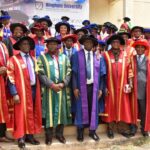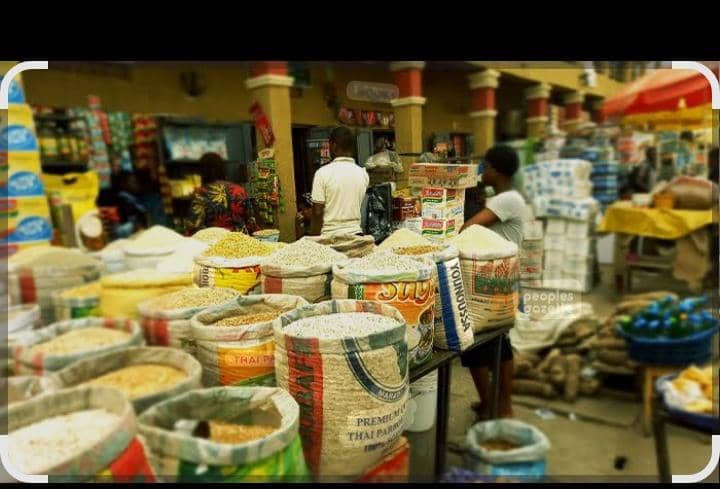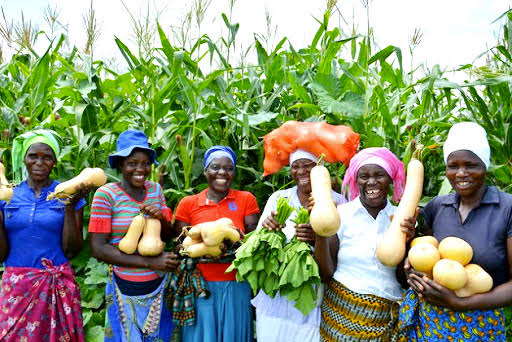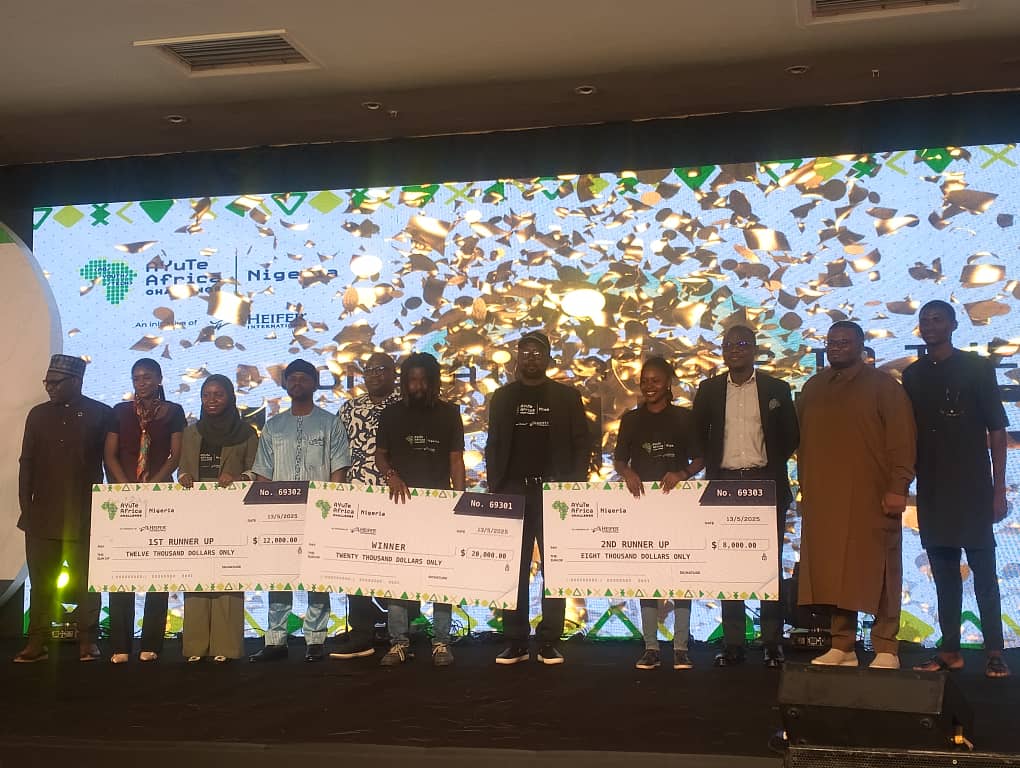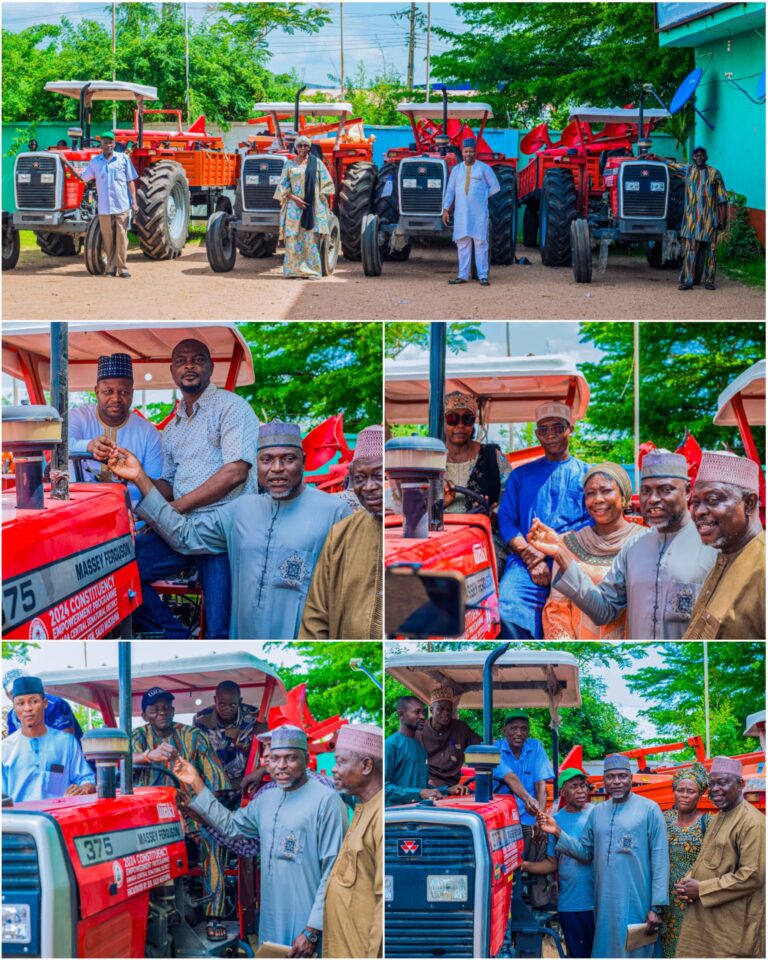Group woos youths to beekeeping through solidarity march
By Mercy Omoike The Youth for Apiculture Initiative Executives (YFAI) is planning solidarity march across the country for the 2025 World Bee Day. The YFAI Director-General in Africa, Mr Yusuf Adeyemo, disclosed this in an interview with the News Agency of Nigeria (NAN) on Monday in Lagos. NAN reports that theContinue Reading








